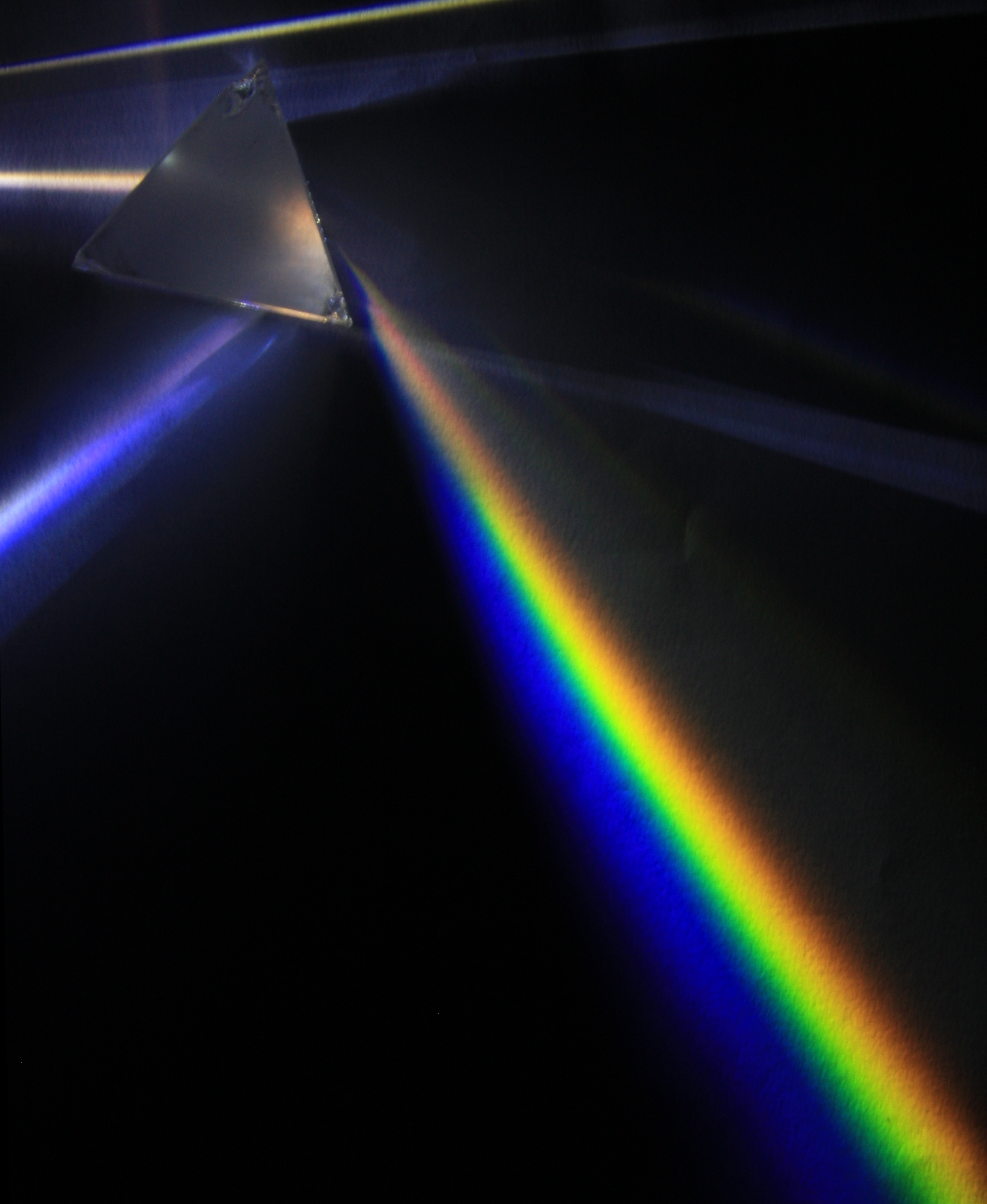Speed of Light in an Imperfect Vacuum

Question:
As far as I know, the speed of light has only been measured on Earth, or relatively near to the Earth.
However, the vacuum in our region of space has many more particles and fields in it than the intergalactic vacuum which is relatively empty. Is it possible that the speed of light could be higher in the ‘harder’ vacuum of intergalactic space (because there would be fewer things to interfere with its movement)? Could an experiment be devised to measure the speed in intergalactic space and what would the consequences be if that speed were higher than c ?
Thank you for considering this question, which has been bothering me for some time!
Answer:
You are correct in that measurements of the speed of light are done in a less-than-perfect vacuum. What we can do is calculate how much light is slowed-down due to the atoms in an imperfect vacuum, thus correcting for the imperfect vacuum.





